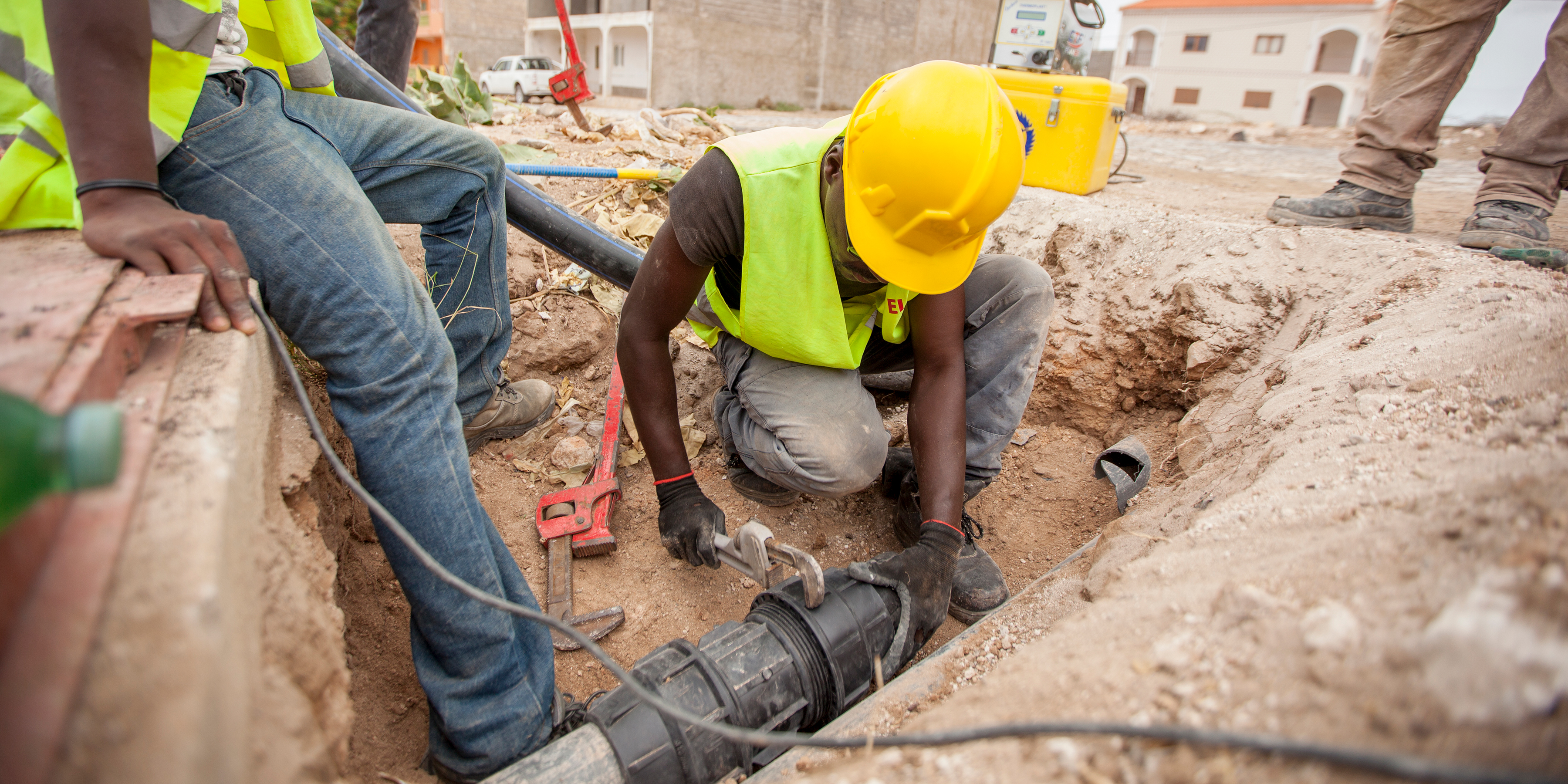
In partnership with the GoCV, MCC’s investments encouraged a number of additional activities not originally planned in the compact. The WASH project was able to support the creation of Maio’s utility through the IGF. The compact did not originally target the island of Maio for support, but Maio responded to the incentives of the IGF by restructuring its utility into a PPP with the first tranche of funding and utilizing the second tranche of funding for infrastructure investments to move the island to 24/7 water service. MCC and the GoCV were further able to leverage resources for preliminary studies for Santo Antão and São Nicolau through a request to the World Bank’s Public-Private Infrastructure Advisory Facility.
As discussed above, by the end of the compact, the WASH project was also able to transform the IGF into a revolving fund, a mechanism intended to leverage public, private and donor funding to finance water and sanitation infrastructure. At the project’s conception, MCC entertained the possibility of turning the IGF into a revolving fund. However, the path to a revolving fund was deemed too uncertain to promise at the compact development stage and a grant mechanism was used instead. The early success of the IGF led the GoCV to establish a revolving fund based on the IGF model.Unfortunately, the transformation did not materialize, and money pledged for the fund by LuxDev and the GoCV has been reallocated to other priorities in the sector.

